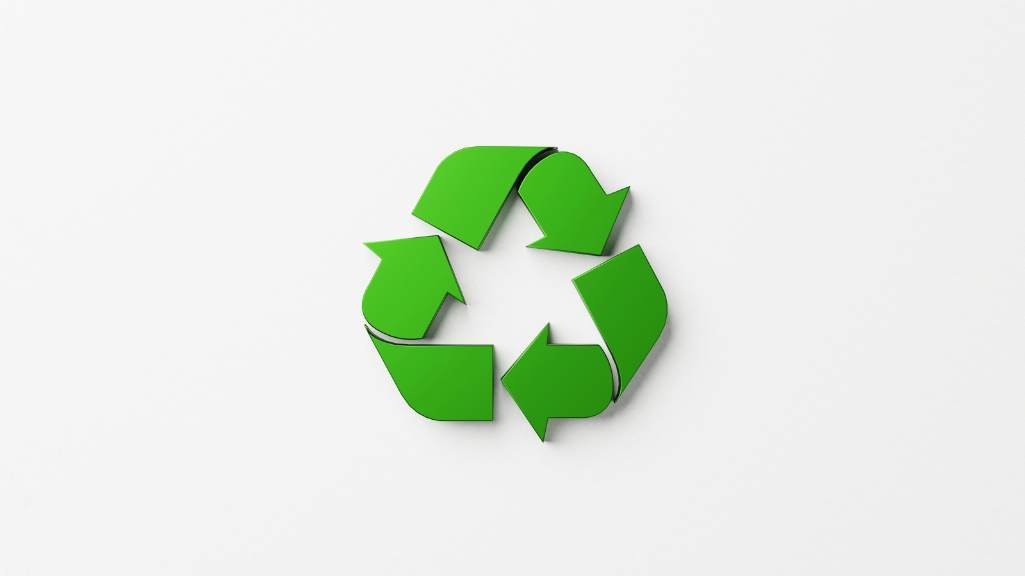The Importance of the "Three Rs": Reduce, Reuse, Recycle
Poonam Junjunwala
. 2 min read
In a world grappling with environmental challenges, it has become imperative for individuals, communities, and industries to adopt sustainable practices. One of the most effective strategies to minimize waste, conserve resources, and protect our planet is by embracing the principles of "Reduce, Reuse, Recycle," often referred to as the "Three Rs." This article, along with an interactive video chat, explores the significance of these principles and how their implementation can lead to a more sustainable future.

Explores the Significance of These Principles
1. Reduce:
The first step in the waste management hierarchy is reduction. Reducing waste involves minimizing the generation of waste materials at the source. By making conscious choices and adopting sustainable habits, individuals and businesses can significantly decrease the amount of waste they produce. Some key strategies for waste reduction include:
a. Conscious Consumption: Opting for durable, long-lasting products instead of disposable ones, and considering the environmental impact before making purchasing decisions.
b. Minimizing Packaging: Choosing products with minimal packaging or packaging made from recyclable or biodegradable materials.
c. Energy Conservation: Reducing energy consumption by using energy-efficient appliances, turning off lights when not in use, and optimizing heating and cooling systems.
2. Reuse:
The next step is to embrace the concept of reuse. Reusing items extends their lifespan, prevents unnecessary waste, and reduces the demand for new products. Here are some examples of how individuals and organizations can incorporate reuse into their daily practices:
a. Repair and Maintenance: Instead of discarding broken or damaged items, repairing them to restore functionality and prolong their use.
b. Donations and Secondhand Purchases: Donating or selling items that are no longer needed can give them a new lease on life and reduce the need for new production.
c. Reusable Containers and Bags: Opting for reusable shopping bags, water bottles, and food containers instead of single-use alternatives.
3. Recycle
Recycling is the process of converting waste materials into new products, thereby reducing the extraction of raw materials and the energy required for manufacturing. By recycling, valuable resources can be conserved, and waste can be diverted from landfills. Here are some key aspects of recycling:
a. Separation and Sorting: Properly sorting recyclable materials, such as paper, plastic, glass, and metal, to ensure they can be processed effectively.
b. Community Recycling Programs: Participating in local recycling initiatives and utilizing designated recycling facilities and services.
c. Support for Recycled Products: Choosing products made from recycled materials, encouraging the demand for such items and closing the loop in the recycling process.
Conclusion
The "Three Rs" - Reduce, Reuse, Recycle - offer practical and effective ways to address the growing environmental concerns. By implementing these principles in our daily lives, we can minimize waste generation, conserve resources, and mitigate the impact of human activities on our planet. Embracing sustainability practices not only benefits the environment but also promotes a healthier and more sustainable future for generations to come. Let us strive to make the "Three Rs" a way of life and work together towards a greener and more sustainable world.
More Stories from
Biotechnology and the Future of Medicine: Advancements and Ethical Concerns
This article explores precision medicine's personalized treatments, the promise and ethical challenges of gene editing, the potential of artificial intelligence in healthcare, and the future of organ transplantation.
The Importance of Ecosystems: Understanding and Preserving Earth's Natural Balance
This article explores the significance of ecosystems, their components, and the reasons behind preserving them.
Unveiling India's Volcanic Secrets: A Geological Overview
Explore India's unique volcanic history and the enduring forces of nature that continue to captivate scientists and adventurers alike.
Zero-Waste Living: Practical Tips for Reducing Environmental Impact
Discover the power of zero-waste living as this article offers practical tips and actionable advice for reducing your environmental impact.
Eco-Friendly Practices: How Individuals and Businesses Can Make a Difference
Discover the Power of Eco-Friendly Practices: Learn how individuals and businesses can contribute to a greener world by adopting sustainable measures.










.png?width=40&aspect_ratio=1:1)


.png?width=40&aspect_ratio=1:1)